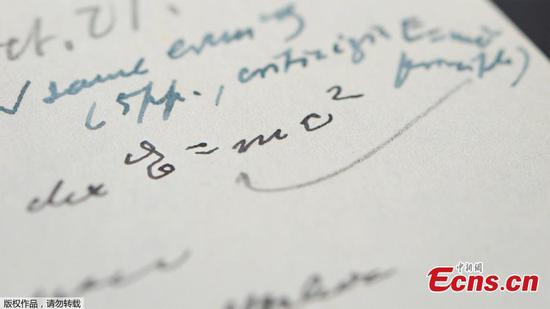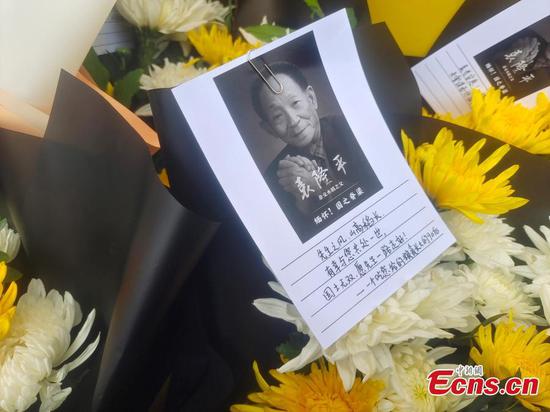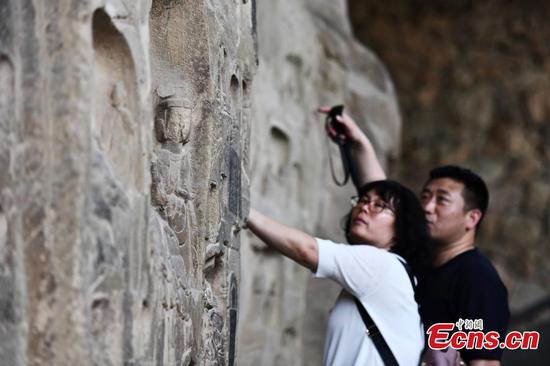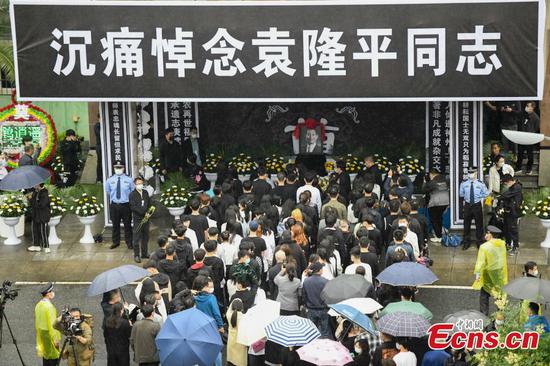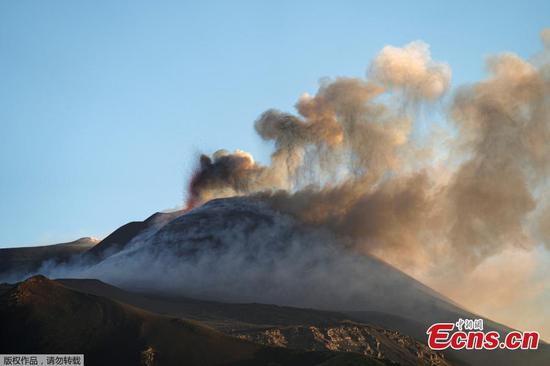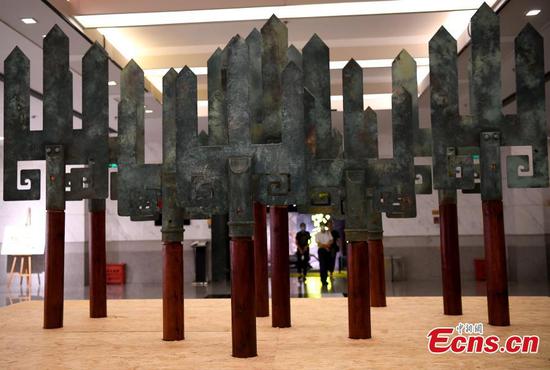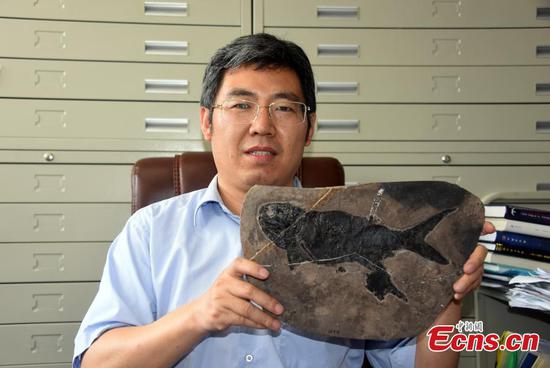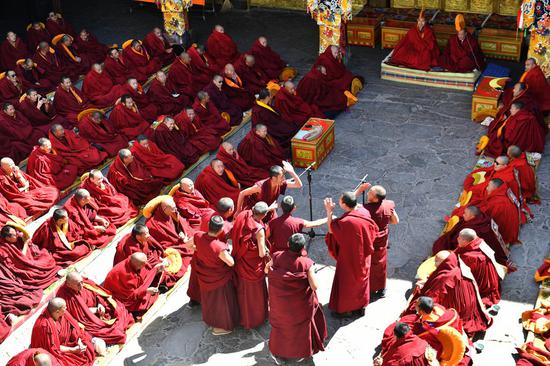
Monks attend the debate activity, a part of the award ceremony of the degree of Geshe Lharampa held in the Jokhang Temple in Lhasa, capital of southwest China's Tibet Autonomous Region, April 5, 2021. Geshe Lharampa, which means "intellectual" in the Tibetan language, is the highest academic degree for the Gelugba School -- also known as the Yellow Sect -- of Tibetan Buddhism. (Xinhua/Sun Ruibo)
Chinese religious circles slammed the United States Commission on International Religious Freedom (USCIRF) for smearing China's freedom of religious belief in the commission's recent report.
The annual report, which viciously smeared China's religious policies, was met with general revulsion and indignation among Chinese religious circles and numerous religious believers, said a statement issued by the secretariat of the joint conference of China's national religious groups.
"We express our strong condemnation," the statement said.
It is obvious to all that China protects citizens' basic rights in accordance with the law, and religious believers enjoy full freedom of religious belief, the statement noted.
Over the years, Chinese religious circles have devoted themselves to national development, and have made positive contributions to safeguarding social stability and facilitating economic development, the statement said.
"This demonstrates that China's religious policies and practices conform to the laws of religious development and the shared aspiration of religious believers, and have won the recognition and support of religious circles and believers," it added.
Amid the COVID-19 pandemic, Chinese religious circles have donated anti-virus supplies to foreign countries and joined their international peers in fighting the pandemic together, winning praise both at home and abroad, the statement said.
However, the USCIRF has ignored the facts and deliberately attacked and smeared China's religious situation, the statement said, adding that the acts have "interfered in China's internal affairs, desecrated the harmonious religious situation in China and hurt the feelings of Chinese religious believers."
The statement urged the USCIRF to respect facts, abandon prejudices and stop using religious matters to interfere in other countries' internal affairs.












